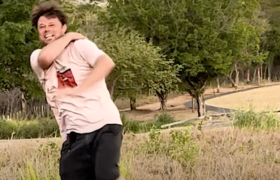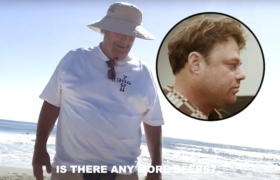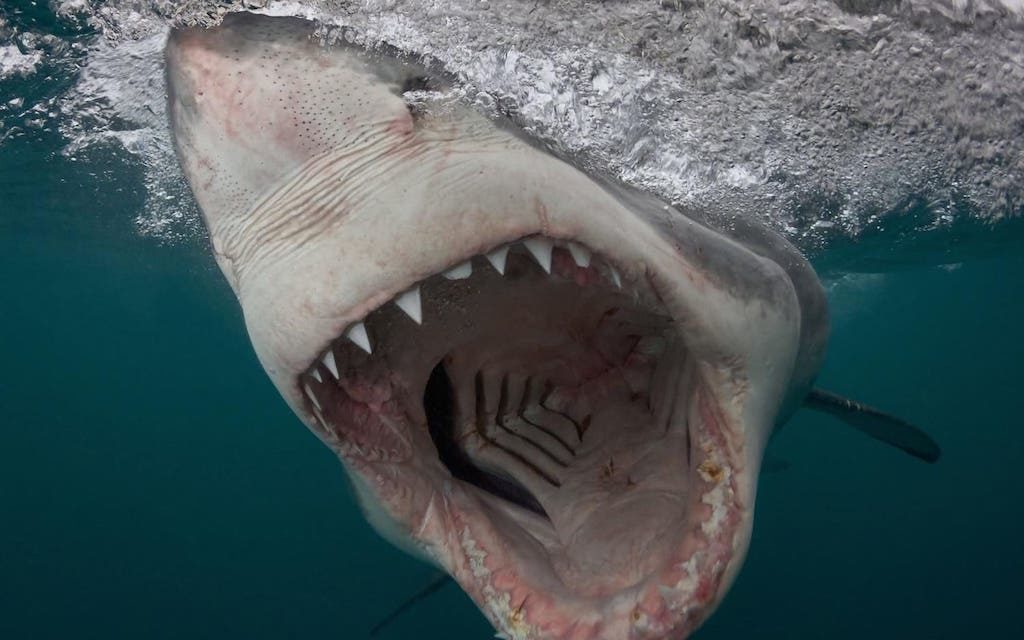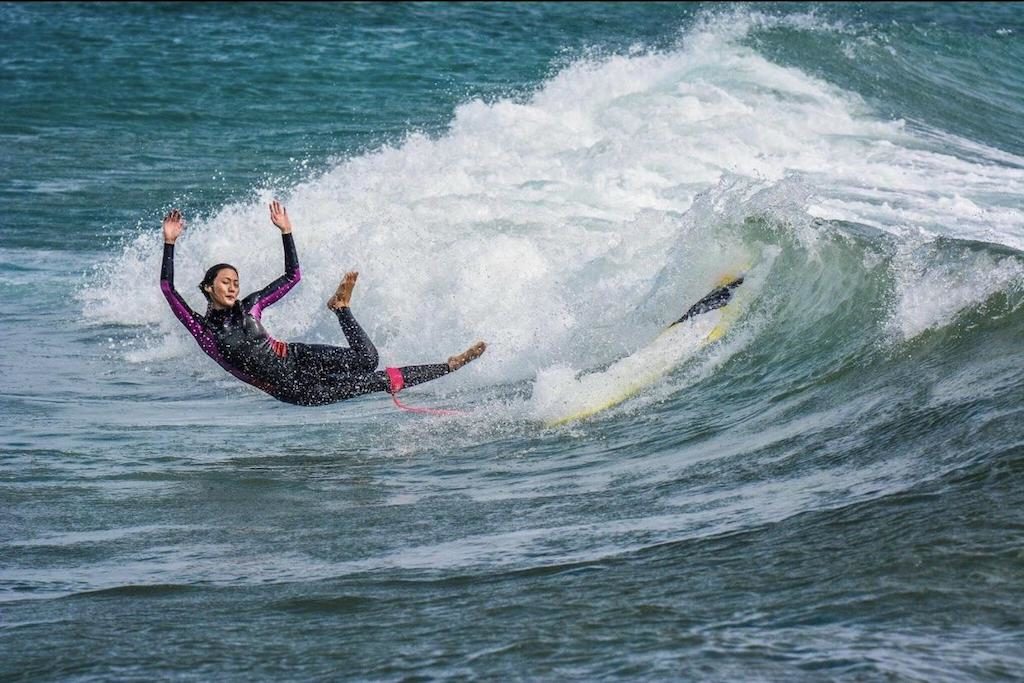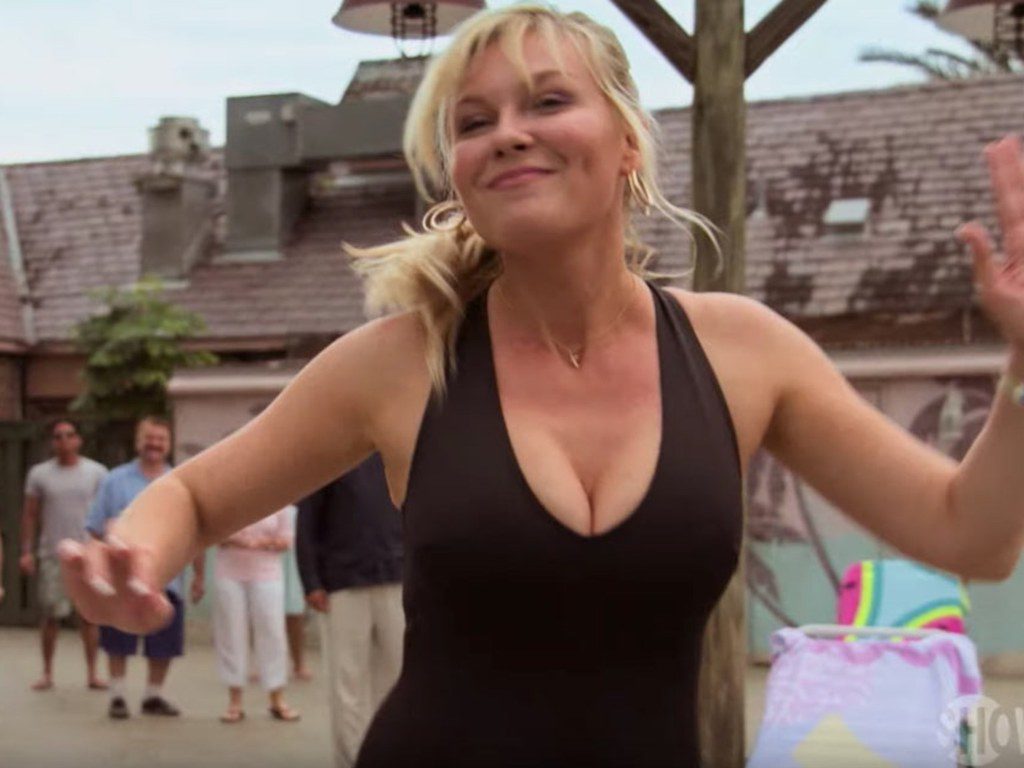"...an ocean predator may be lurking nearby."
The Black Death, or Bubonic Plague, first reached England’s verdant pendulum in the summer of 1348. It moved swiftly from the coast to London and by the summer of 1349 between 40% to 60% of the country’s population was buried dead in the ground. A very sad year, indeed and I imagine there was much wailing and gnashing of teeth from bereaved relatives.
The plague returned again a decade later, knocking out 20% of the population and again every five to twelve years until scientists figured out its root cause and eradicated the horror.
The English breathed easy all the way until the autumn of 2019 when an even greater terror washed up on its cold but grey but cold shore.
The Great White Death. The shark-pocalypse. The probable end of surfing and surf culture worldwide and nothing, not even the writhing in pain, bleeding from mouth, gangrene-inducing Black Death can hold a candle to this new outbreak. The closest a Great White has ever come to England, before now, was a good two-hundred miles off the British soil in the Bay of Biscay and that was in 1977.
Oh don’t have to take my word for it. Newsweek also knows the truth and let us turn there immediately.
A dolphin carcass that appeared to be missing large portions of its body washed up on a British beach this week, sparking fears than an ocean predator may be lurking nearby.
Images of the remains, which were found at Harlyn Bay in Cornwall, were posted to Facebook by a local environmental group called Beach Guardian CIC on Tuesday. In the pictures, the mammal appeared to be missing chunks of its bottom half and many of its bones were visible.
Rob Stevenson, who works at Beach Guardian, did not speculate on how it died, but told Cornwall Live that residents should be careful around the remains.
The Shark Trust, a U.K. conservation group, says over 40 species of shark have been spotted off the British coast, with at least 21 species living in the waters all year round. Species include the Thresher, Nursehound, Porbeagle and Tope and Basking, Blue and Shortfin Mako.
The white shark is not one of them, at least not yet.
“At least not yet” is one of the most ominous phrases in our language. That and having to be careful around the dolphin’s remains. Do you think the “lurking ocean predator” is crafting a new, deadly bubonic-type illness?
More as the story develops.
